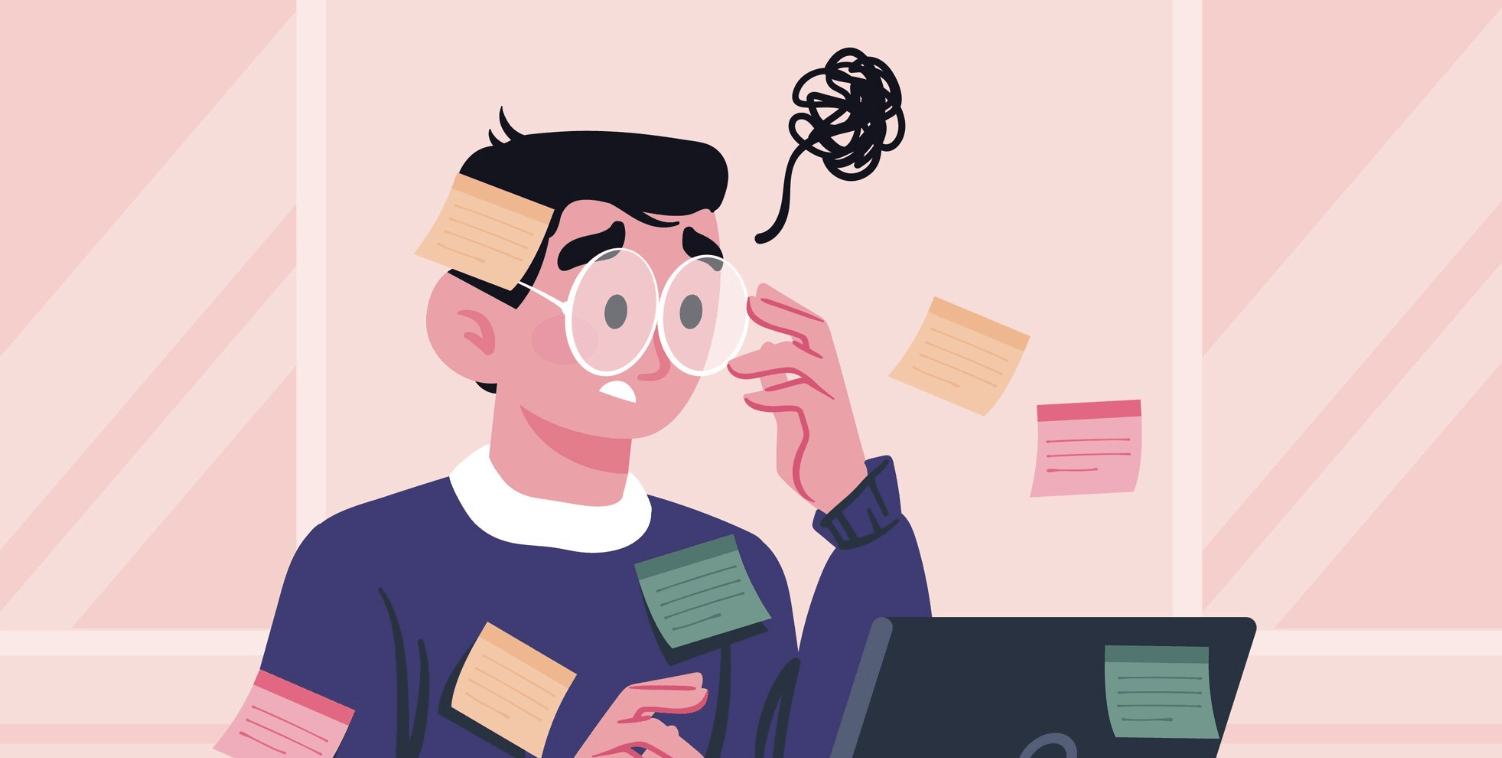Can Memory Games Really Improve Cognitive Function?

It’s a question many people have asked as brain training apps and mental exercises have exploded in popularity. From puzzles and matching games to apps designed to sharpen focus and recall, the idea of boosting your mind through play sounds almost too good to be true. But what does the science actually say, and how much can these games really do for your brain?
Let’s dive into what research, psychology, and real-world experience tell us about memory games and their impact on cognitive performance - and how you can use them effectively to stay sharp at any age.
What Are Memory Games, Exactly?
Memory games are exercises that challenge your ability to remember patterns, numbers, images, or sequences. Classic examples include matching card pairs, recalling visual sequences, or identifying changes in an image after a few seconds. Today, these activities are available as digital apps that can be played anytime, anywhere.
Some of the most popular types of memory-based brain games include:
- Matching games – remembering where specific items or cards are located.
- Pattern recognition tasks – identifying shapes, numbers, or symbols that repeat in a sequence.
- Working memory challenges – holding information in your mind while performing another task (like doing mental math).
- Logic and reasoning puzzles – connecting ideas and solving problems based on limited clues.
Apps like Moadly’s free online memory game combine several of these challenges into one training experience, helping users strengthen multiple aspects of cognition - not just memory.
How Memory Games Affect the Brain
When you play a memory game, you’re actively engaging your working memory, attention control, and information processing speed. These are the same mental systems that you use daily for tasks like remembering someone’s name, focusing during meetings, or multitasking at work.
Research has found that when these systems are stimulated regularly, they can improve their efficiency - much like how muscles grow stronger when exercised. Neuroimaging studies have shown increased connectivity between brain regions after consistent cognitive training, suggesting that regular use of such games can lead to measurable neurological changes.
In one study published in *Frontiers in Aging Neuroscience*, participants who trained their working memory for just a few weeks demonstrated improved performance not only in the games themselves but also in unrelated cognitive tasks, such as reasoning and focus.

Can Memory Games Prevent Cognitive Decline?
This is where things get interesting - and sometimes controversial. While playing memory games can strengthen your mental flexibility and attention, researchers debate whether these improvements transfer to real-world benefits like slowing dementia or improving everyday functioning.
However, there’s growing evidence that regular mental stimulation is linked to better brain health outcomes over time. As discussed in our post Can Brain Training Apps Help Prevent Alzheimer’s in Older Adults?, consistent cognitive engagement - especially when paired with physical exercise and social activity - can help protect against cognitive decline.
So, while memory games aren’t a guaranteed shield against diseases like Alzheimer’s, they’re a valuable piece of the overall brain health puzzle.
Short-Term vs. Long-Term Benefits
Memory games can provide both short-term boosts and long-term improvements, depending on how often and how seriously you play.
| Benefit Type | Example | Duration |
|---|---|---|
| Short-term | Better focus and alertness right after a few sessions | Lasts a few hours or days |
| Long-term | Improved working memory, recall speed, and multitasking ability | After consistent training for weeks or months |
The key is consistency. Just as one workout won’t get you fit, playing a memory game once a month won’t change much. But training for a few minutes each day can lead to noticeable results over time.
Memory Games and Mental Clarity
Beyond memory, many people use brain games to clear mental fog and restore focus. This makes sense - training your attention span can directly impact how mentally sharp you feel day to day.
If you’ve ever struggled with brain fog, check out related guides like Best App to Clear Brain Fog and Improve Mental Clarity or Free App to Get Rid of COVID Brain Fog. These articles explain how cognitive training, sleep, and hydration all work together to improve focus and energy levels.
How Memory Games Compare to Other Brain Boosters
Here’s a quick comparison of how memory games stack up against other common mental enhancement strategies:
| Activity | Main Benefit | Science Support |
|---|---|---|
| Memory games | Improved recall, focus, working memory | Strong evidence for specific cognitive gains |
| Physical exercise | Better blood flow and brain plasticity | Extensively supported by neuroscience |
| Meditation or mindfulness | Stress reduction, better attention control | Strong evidence, complements cognitive training |
| Learning new skills (languages, music) | Broader brain stimulation and long-term resilience | Strong evidence for long-term benefits |
For best results, combine memory games with other healthy habits - exercise, balanced diet, social connection, and lifelong learning. Your brain thrives on variety.
Are All Memory Games Equal?
Not quite. Some games are designed with neuroscience principles in mind, while others are just entertainment with little measurable impact. Look for games that adapt to your skill level and target multiple cognitive domains, such as attention, flexibility, and problem-solving.
Apps like Moadly take this approach by blending memory training with focus, reasoning, and speed challenges. You can read more about this in Best App to Boost Focus and Improve Cognitive Performance.
Who Benefits the Most?
Memory games can be beneficial for everyone - from students looking to enhance academic performance to seniors hoping to stay mentally active.
- Children and teens: Improve attention span and problem-solving (see Best iPad Apps for Preteens to Improve Attention and Cognition).
- Adults: Maintain focus and handle multitasking better at work.
- Seniors: Support memory retention and slow early cognitive decline (Brain Games for Seniors with Memory Loss).
In every age group, cognitive stimulation encourages neuroplasticity - your brain’s ability to form new connections and adapt over time.
How Often Should You Play?
Most experts suggest playing memory or brain games for about 10–20 minutes a day, several days a week. The goal isn’t to overdo it, but to make it a consistent habit - like brushing your teeth for your mind.
Short, frequent sessions lead to better results than long, occasional ones. If you can make it part of your daily routine, you’ll start noticing small improvements in recall, focus, and even reaction time.
Signs Your Brain Training Is Working
- You find it easier to recall names, numbers, or details.
- Your focus during conversations or work tasks has improved.
- You can think and respond faster under pressure.
- You feel less mentally tired after long periods of concentration.
Tracking your progress in an app or through timed challenges can also help you see measurable gains.
When to Expect Results
Improvements in focus and working memory can appear in as little as 2–3 weeks of regular use. Long-term changes in reasoning, problem-solving, and cognitive flexibility usually take 6–8 weeks or more. The key is patience - your brain adapts gradually, not overnight.
Final Thoughts: Can Memory Games Really Improve Cognitive Function?
Yes - but with realistic expectations. Memory games can improve specific aspects of cognitive performance like attention, recall speed, and multitasking ability. However, they’re most effective when combined with a healthy lifestyle and other forms of brain stimulation.
If you’re looking for a simple, engaging way to strengthen your mind, start with a free online memory game and commit to playing regularly. You might be surprised how quickly your focus sharpens and your mind feels clearer.
And if you want to go even deeper, check out:
- Best Brain Game to Prevent Dementia and Keep Your Mind Sharp at Any Age
- Free App for Improving Your Mind and Mental Clarity
- Free App for Curing Brainrot and Restoring Focus
Memory games aren’t magic - they’re practice. But like any good practice, when done consistently, they make a real difference.


